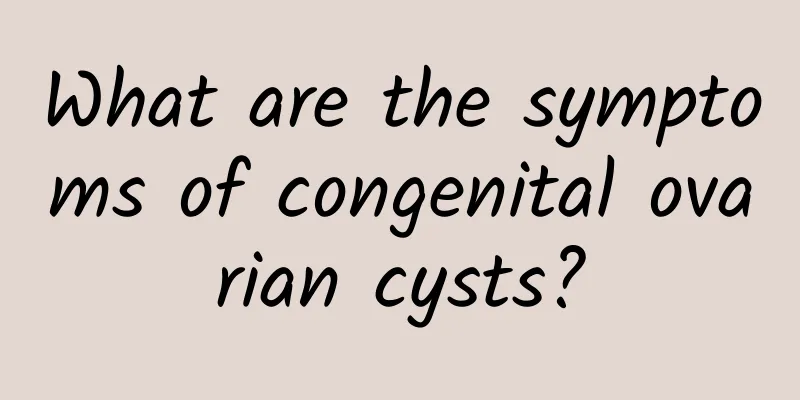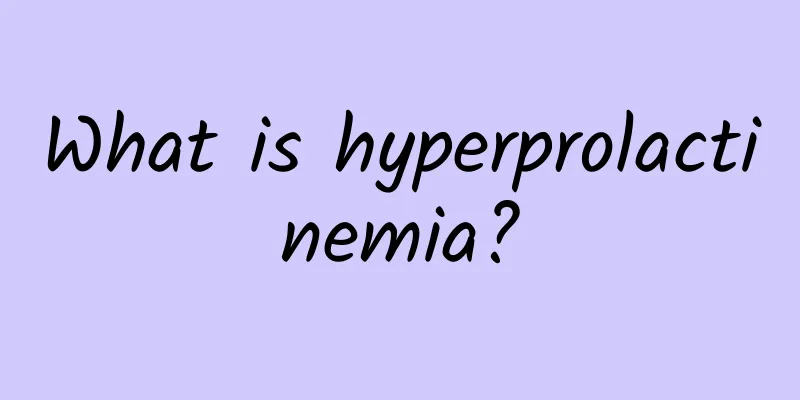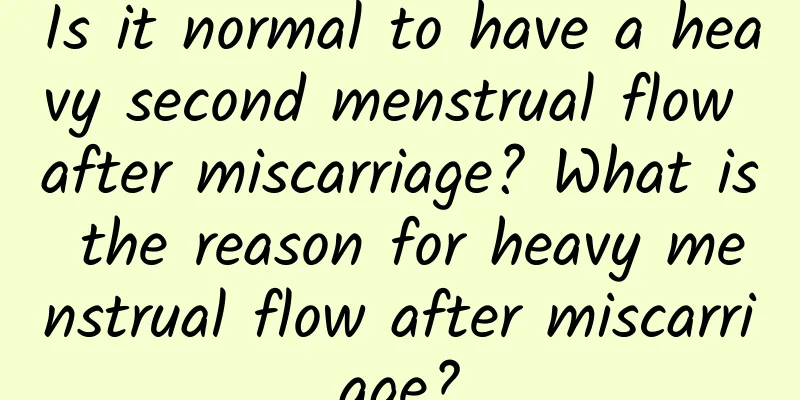What are the symptoms of congenital ovarian cysts?

|
The causes of ovarian cysts are mainly congenital ovarian diseases, central influences, chronic diseases, and early ovarian failure. So, what are the symptoms of congenital ovarian cysts? Clinically, ovarian cysts often present with lower abdominal pain, discomfort, increased vaginal discharge, yellow vaginal discharge, abnormal vaginal odor, irregular menstruation, and usually a firm, painless swelling in the lower abdomen. Sometimes sexual intercourse can be painful. When cysts affect hormone production, symptoms such as irregular vaginal bleeding or increased hair growth may occur. If the cyst is twisted, there will be severe abdominal pain, dyspnea, loss of appetite, nausea and fever. Larger cysts will cause pressure near the bladder, causing frequent urination and dysuria. Especially when these symptoms are more severe, bleeding is frequent and occur at the same time, women are more likely to have ovarian cysts, and the risk of malignant ovarian cancer is greater. Medicine classifies ovarian cysts as "癓瘕", believing that the disease is mostly caused by emotional damage, sexual overwork, or the invasion of the six external evils during menstruation and postpartum period, which leads to qi blockage, organ disharmony, and yin and yang imbalance. In treatment, a comprehensive and integrated analysis of the overall cause of the disease and dialectical treatment are required to truly resolve the disease. Ovarian cyst is a serious gynecological disease. Patients should be treated promptly. The following drugs can be used: Xiaojie'an Capsule: Tongselesailong, Bingnonggannongnei Nongjie, Hunbingnei, Bingban. Traditional Chinese Medicine: Activate blood circulation and remove blood stasis, soften and disperse nodules. Used for breast lumps caused by qi stagnation and blood stasis, breast lobular hyperplasia, ovarian cysts, and uterine fibroids with the above symptoms. Hongjin Xiaojie Capsule: Formerly known as Amonoqi Capsule and Xiaorupi Capsule. The prescription of this medicine is a secret recipe of Yunnan Yi people and is a national secret variety. Guizhi Fuling Capsule: It is a compound preparation made from five Chinese medicinal herbs: cinnamon twig, poria, peony bark, peach kernel, and peony root. It is clinically used for gynecological diseases. |
<<: Can Fenbid cure dysmenorrhea?
>>: What are the symptoms of pelvic inflammatory disease?
Recommend
What is the diagnosis of Bartholinitis?
What is the diagnosis basis of Bartholinitis? Bar...
Here are some checks you must do before having an abortion:
Before undergoing abortion, you must make certain...
Does masturbating too much affect menstruation for girls? What are the dangers?
In fact, in real life, not only male friends will...
How much taller can you grow during menstruation? Things to pay attention to during menstruation
A previous survey showed that the development of ...
How to prevent the recurrence of Bartholinitis?
The appearance of Bartholinitis will make patient...
What should you pay attention to after abortion
Artificial abortion, also known as artificial abo...
What to eat after miscarriage to help your uterus recover? Doctors recommend these 5 foods
After a miscarriage, women will be weak and lose ...
How to adjust after uterine fibroid surgery What points should be paid attention to after uterine fibroid surgery
Uterine fibroids have a high incidence rate in wo...
Do you know the three major signs of ovarian cysts?
Ovarian cysts have no obvious clinical manifestat...
What medicine is good for menopause?
Nowadays, many female friends in our lives are fa...
Knowing the classification of vulvar leukoplakia can better judge the condition
Vulvar leukoplakia is clinically classified into ...
Does recurrent miscarriage need to be treated? There are 3 treatments
Because nowadays, it may be due to an unhealthy l...
Girls want to develop perfect abdominal muscles? Practice these 3 tricks to easily get
Since women have more body fat, it is much more d...
5 major symptoms of menopause in women
Women usually experience five major symptoms befo...
Popular Science: Your lingering period may be related to these diseases!
My period just won't go away. What's goin...









